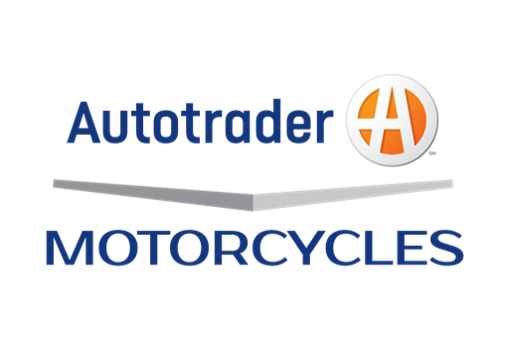Starting a business is risky. About 20 percent of small businesses fail in their first year, and half don’t make it to a fifth year, according to data from the U.S. Bureau of Labor Statistics. After starting a company, entrepreneurs face other risks that are important to the long-term health of their business. These include employees injured on the job, company cars damaged in accidents, damaged property, and other mishaps. Luckily, there are many different types of
Here are seven types of property and casualty insurance a new business may want to look into. Some are required by law and others are optional.
Types of business property and casualty insurance
Workers’ compensation
Employees who are injured at work or suffer an occupational disease can receive insurance payments for their medical care and lost income through workers’ compensation insurance. Each state has different laws and requirements, so check with officials in your state for the workers’ compensation requirements in your state.
State disability
This type of insurance is normally paid through employee payroll deductions. It provides temporary cash benefits to workers who are disabled by illness or injury that happens outside of work, or because they became disabled through pregnancy.
Only five states offer state-funded disability programs: California, Hawaii, New Jersey, New York and Rhode Island. Qualification requirements vary by state, with some providing only short-term help for periods of disability, such as surgical recovery. New York requires employers to provide disability benefits to all eligible employees. Other states rely on the Social Security Administration, and employer or private disability programs.
Business owners policy
Called BOP for short, a business owners policy bundles property and general liability coverage into one policy. The cost is typically lower than buying each form of coverage separately, and can be tailored to a company’s needs.
Package policies are created for businesses that face the same kind and degree or risk. Mid-sized businesses can get one type of BOP, while small businesses can get another.
They can include:
- Property insurance for buildings and contents owned by the company.
- Business interruption insurance for the loss of income from fire or other catastrophe that disrupts a business. It can include the expense of operating out of a temporary location.
- Liability protection to cover a company’s legal responsibility for the harm it may cause others. These can include causing bodily injury or property damage with defective products, faulty installations and errors in services provided.
BOPs don’t cover professional liability, auto insurance, workers’ compensation or health and disability insurance.
Commercial auto
If your company provides vehicles for employees to use on the job, or they use their personal vehicles on company business, then you’ll need commercial auto insurance. It includes liability and physical damage insurance that covers both types of vehicle use at work and protects your business.
Insurance for issues unique to your area
Along with a basic policy to cover fire and some weather-related damage to commercial property, you may live in a flood zone or area where hurricanes, tornadoes and earthquakes can occur.
For these you may want specific types of insurance, such as flood insurance. These can be expensive, and some states may require a minimum amount of coverage. Speak with a commercial insurance agent to learn more about what they’d recommend for your type of business and what is required in your area.
Umbrella policy
An umbrella insurance policy provides extra financial coverage for liability claims beyond the limits on existing policies. These include business, auto and an employer’s liability insurance policies.
Check with an insurance agent for advice on buying an umbrella policy. It may be more expensive than our next type of insurance policy to consider.
Excess insurance
Excess insurance is a policy that provides extra financial coverage for liability claims beyond a stated limit on another policy. It can insure against certain hazards and is similar to an umbrella policy.
However, excess insurance can be cheaper than umbrella insurance. Before buying either, check with an insurance agent to see if the liability limits of your existing coverage are adequate.
Owning your own small business can be exciting and rewarding, but it can also be risky. Commercial insurance helps you manage the risks your business may face so you can focus on getting the job done.
Looking for business insurance? Give one of our insurance advisors a call today at (844) 824-2889 to learn more about getting a comparison quote.
Not by the phone? Request a quote below:
